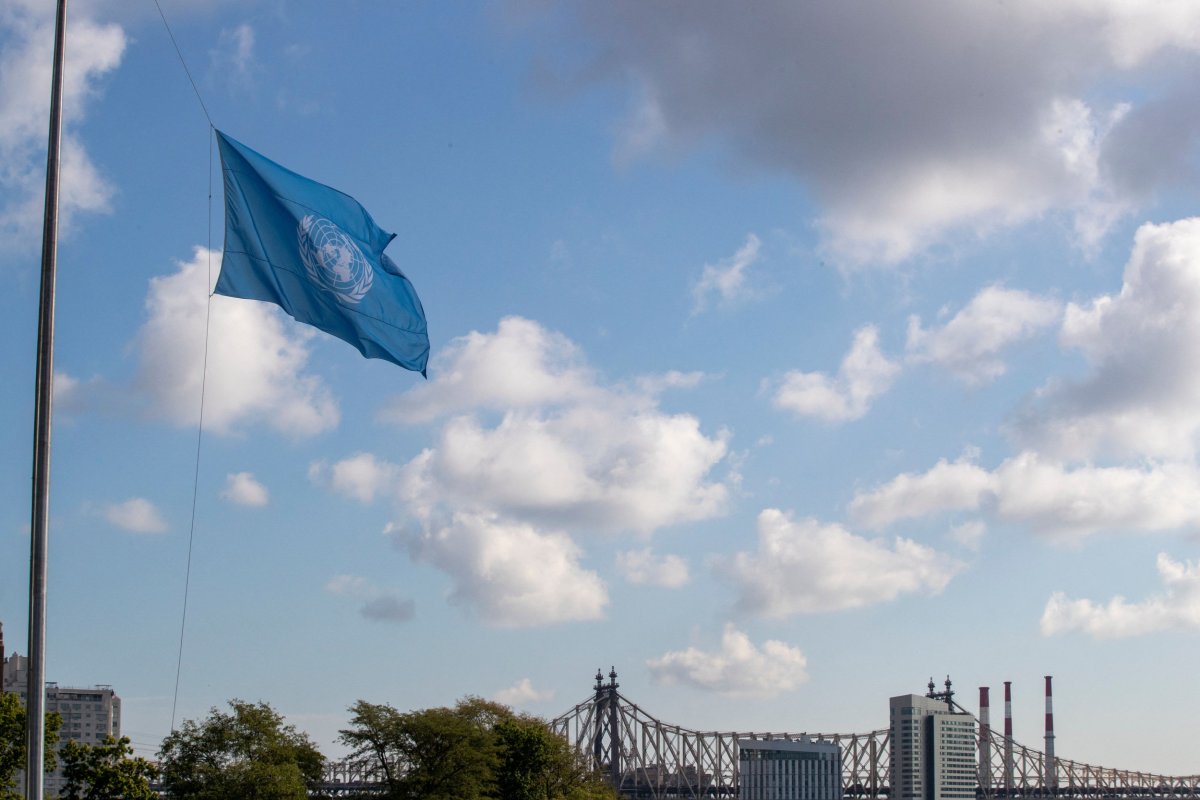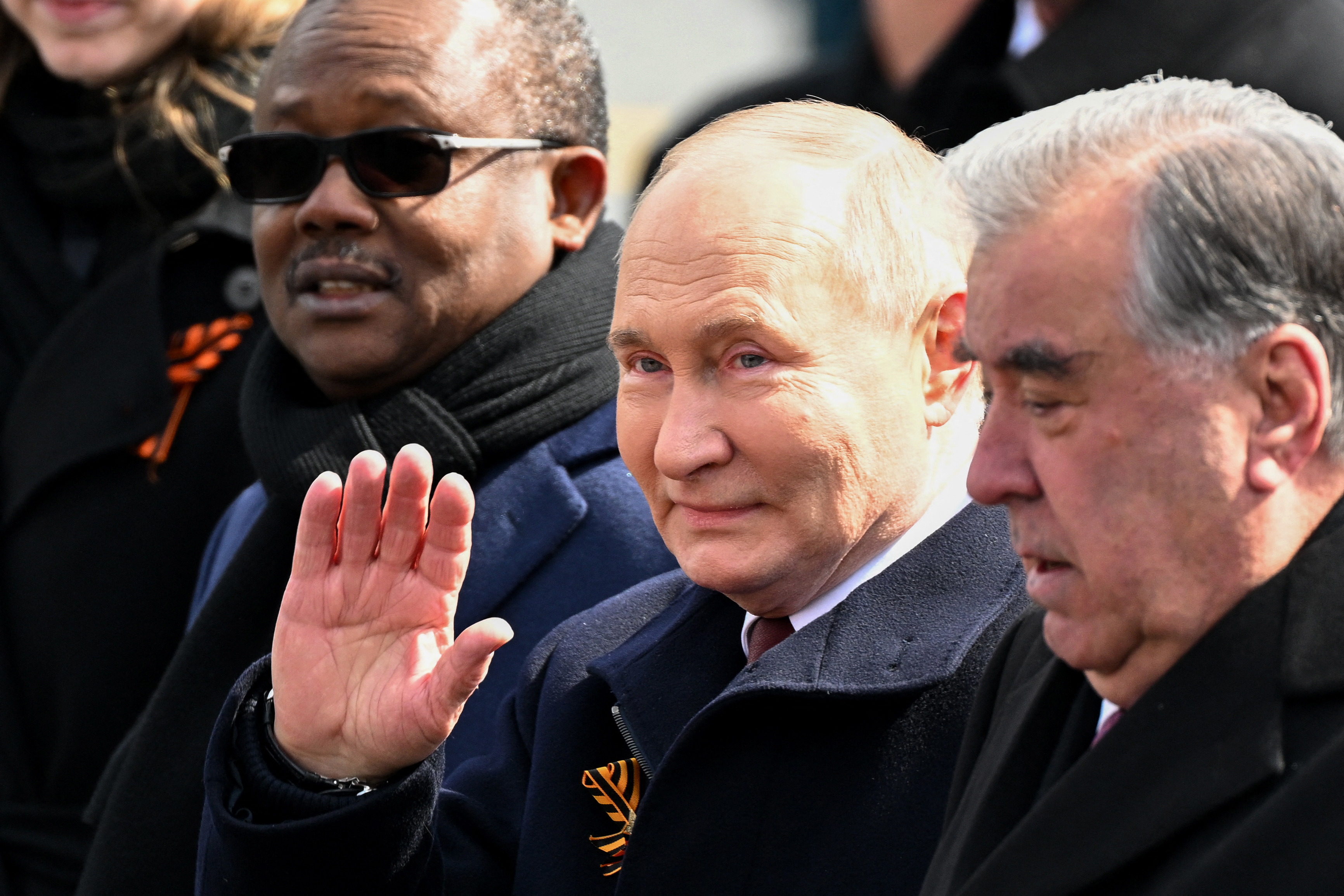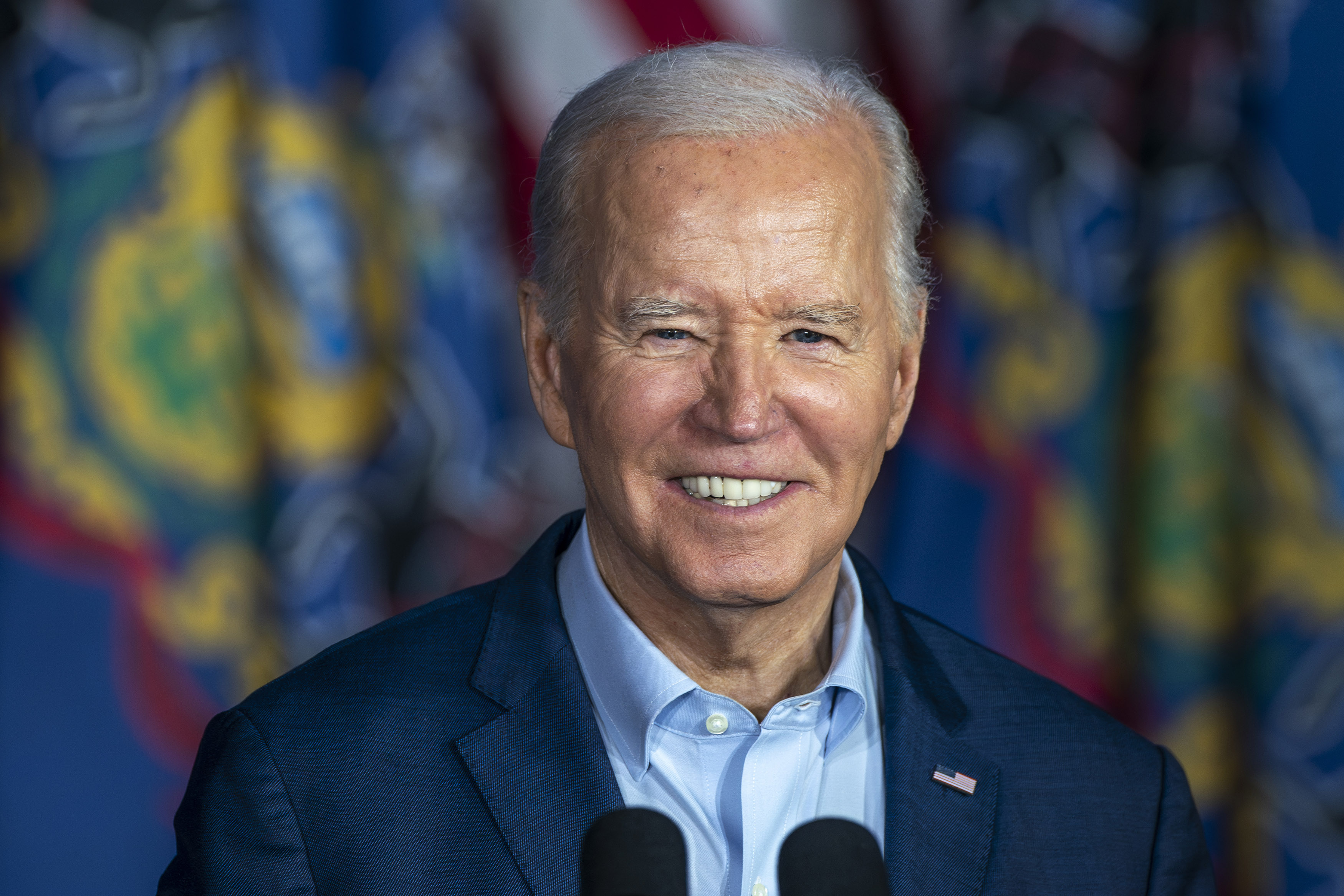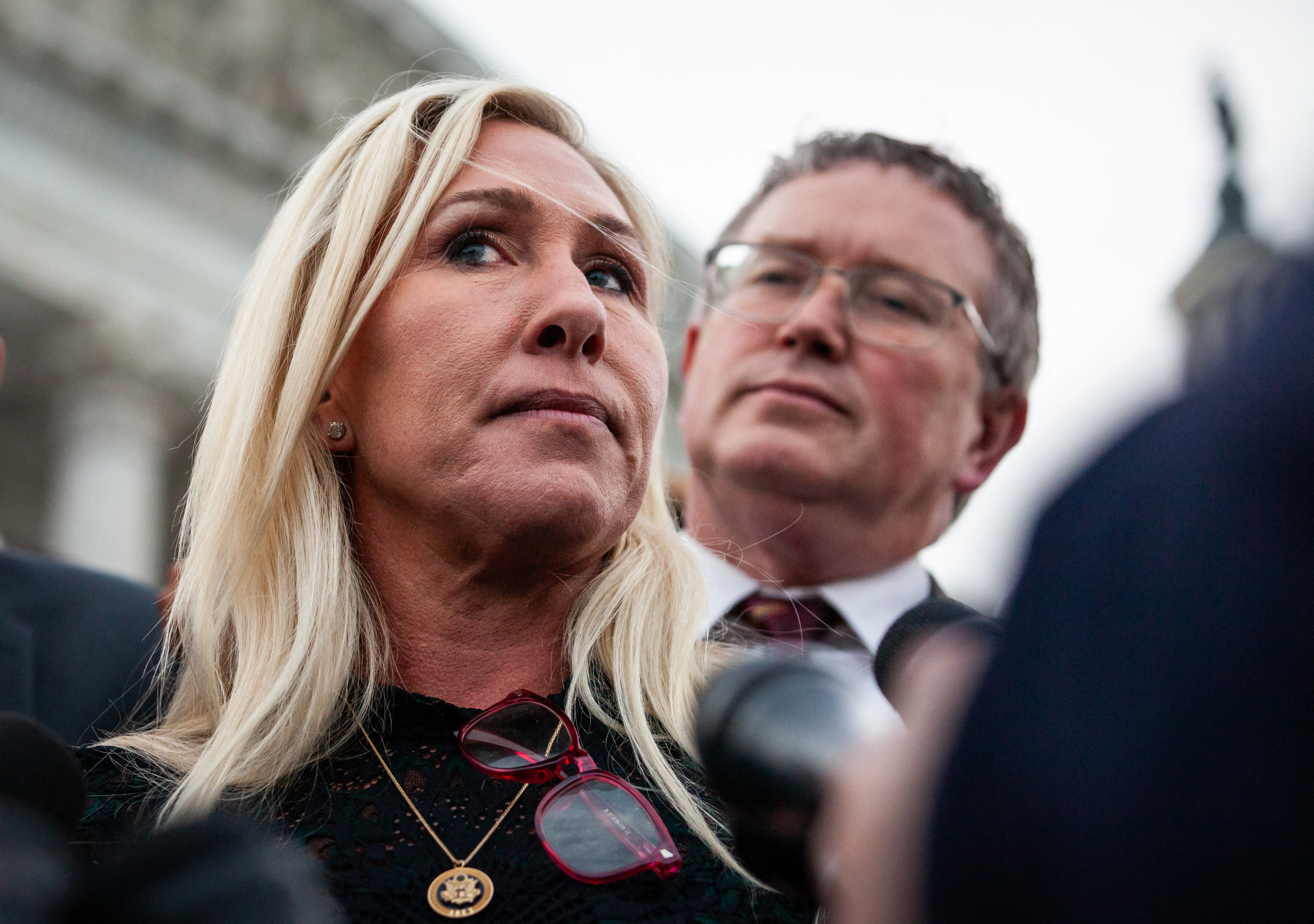The push for expansion of the U.N. Security Council is a power grab by globalists, meant to hamstring the independence and best interests of sovereign nations while consolidating power to the United Nations and their would-be system of global government.
The United Nations was created in the postwar era to, in the U.N. Charter's opening words, "save succeeding generations from the scourge of war."
The U.N. exists for the following reasons:
—To maintain international peace and security;
—To develop friendly relations among nations;
—To achieve international co-operation in solving international problems;
—To be a center for harmonizing the actions of nations in the attainment of these common ends.
All of those goals sound pleasant, but the U.N. is a highly bureaucratic organization that frustrates many of its member nations and is drought with controversy. Five member nations control much of the direction and dialogue of the U.N. through their permanent seats on the Security Council. Other member nations struggle to have a seat at the table with top power brokers.
Proponents of expansion argue that an updated Security Council with more voices could bring more balance to the council and the U.N. But years of disagreements on the size, composition, and powers of an expanded council have left generations of U.N. diplomats wondering if change will ever be possible.
The United Nations Security Council will not improve or become more equitable if it is expanded. It is not the nations in power, but the allure to power itself that makes it an untenable organization. The structure and underlying purpose of the U.N. are inherently flawed.
There should not be an elite group of global rulers lording their authority over the people of the world. Each nation across this globe is sovereign and should have the right to self-governance, free of the undue influence of others.

James Cleverly, U.K. foreign Secretary, recently shared his thoughts on expansion. "The Global South deserves a more powerful voice at the world's top table by expanding the U.N. Security Council. ... There is a real risk that the Global South will walk away from the global trading system," he said.
The decision to engage in a global trading system is not up to James Cleverly or the UN. That decision lies solely with the nations of the Southern Hemisphere. Statements like these reveal ulterior motives of Cleverly and the U.N.
In 2020, U.N. Secretary-General António Guterres alluded to the same problem. "The nations that came out on top more than seven decades ago have refused to contemplate the reforms needed to change power relations in international institutions," he said. We all want a level playing field, but the fact that they acknowledge the U.N. might have powers and influence over other sovereign nations is the biggest problem of all.
The U.N. uses the allure of power to draw more nations into its organization. Entrance into organizations like the U.N. and NATO plunge its members into entangling alliances. Different countries in different regions of the world have different interests and should not be forced to make compromises that are not in their best interests.
The U.N. is not without controversy, either. In 2017, an investigation revealed that more than 100 United Nations peacekeepers operated a child sex ring in Haiti for more than 10 years. None of the people involved were ever jailed. Studies show there is a strong correlation between the distribution of foreign aid and rotating membership of the United Nations Security Council. It's difficult to imagine how increasing the bureaucracy of the U.N. will make it more effective at rooting out corruption.
Opponents of the U.N. also point out that it represents the interests of the governments of the countries who form it—not the interests of the individuals within those countries. It is wrong to force citizens to join a global level of government without a vote or any kind of say in the matter. And the composition of the Security Council certainly does not resemble the composition of our own government. There are no legislative, judicial, or executive branches. All those powers are consolidated in the Security Council.
We should learn from the heated controversy around the expansion of NATO and its complications. Global organizations are already too bloated, powerful, and dangerous. We should shrink them or abolish them entirely, not expand them.
Angela McArdle is chair of the Libertarian National Committee.
The views expressed in this article are the writer's own.
Uncommon Knowledge
Newsweek is committed to challenging conventional wisdom and finding connections in the search for common ground.
Newsweek is committed to challenging conventional wisdom and finding connections in the search for common ground.
About the writer
To read how Newsweek uses AI as a newsroom tool, Click here.






